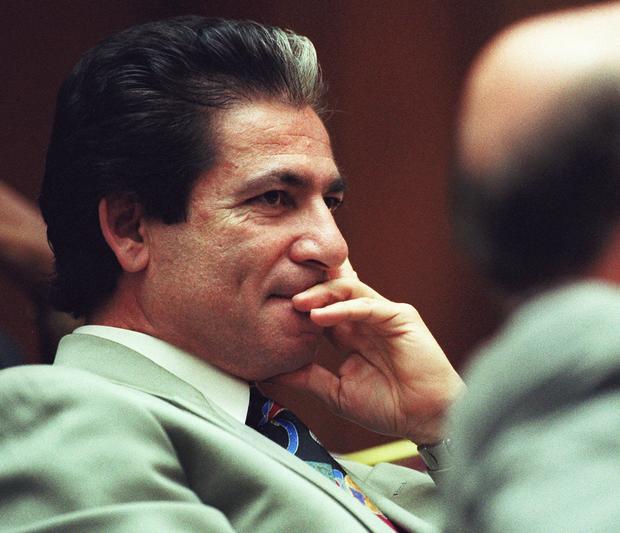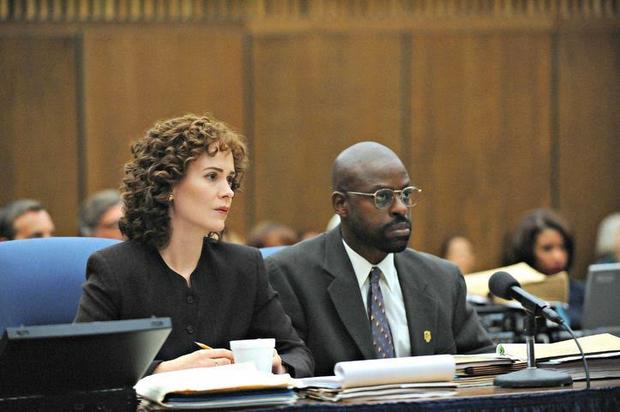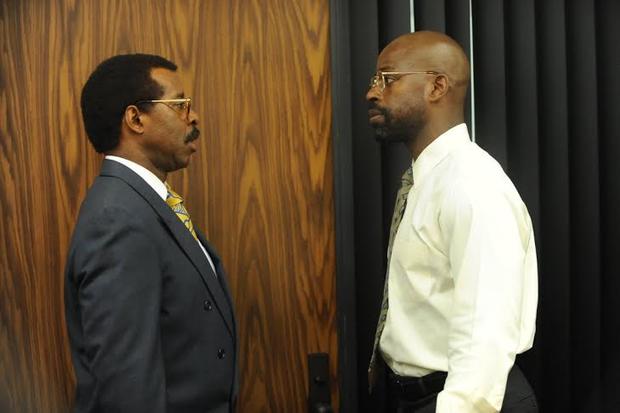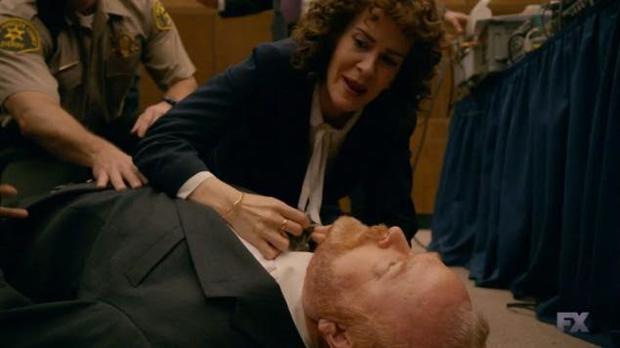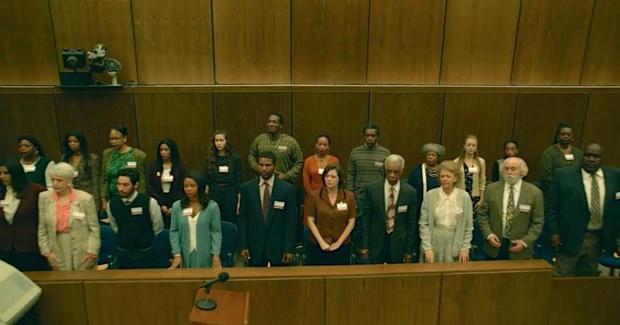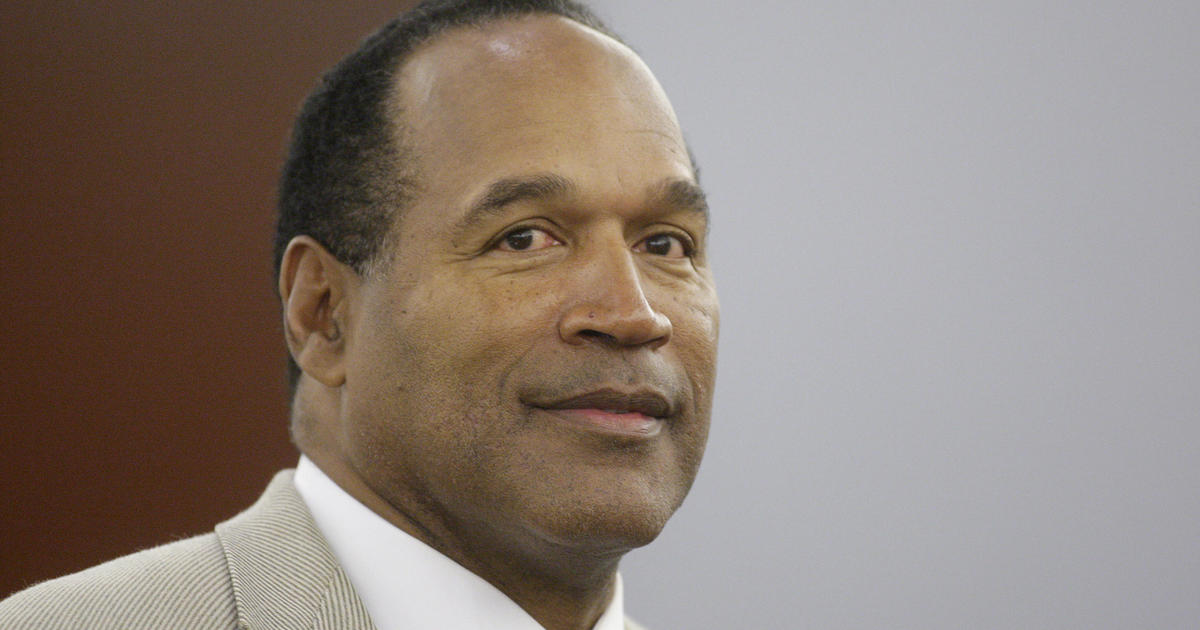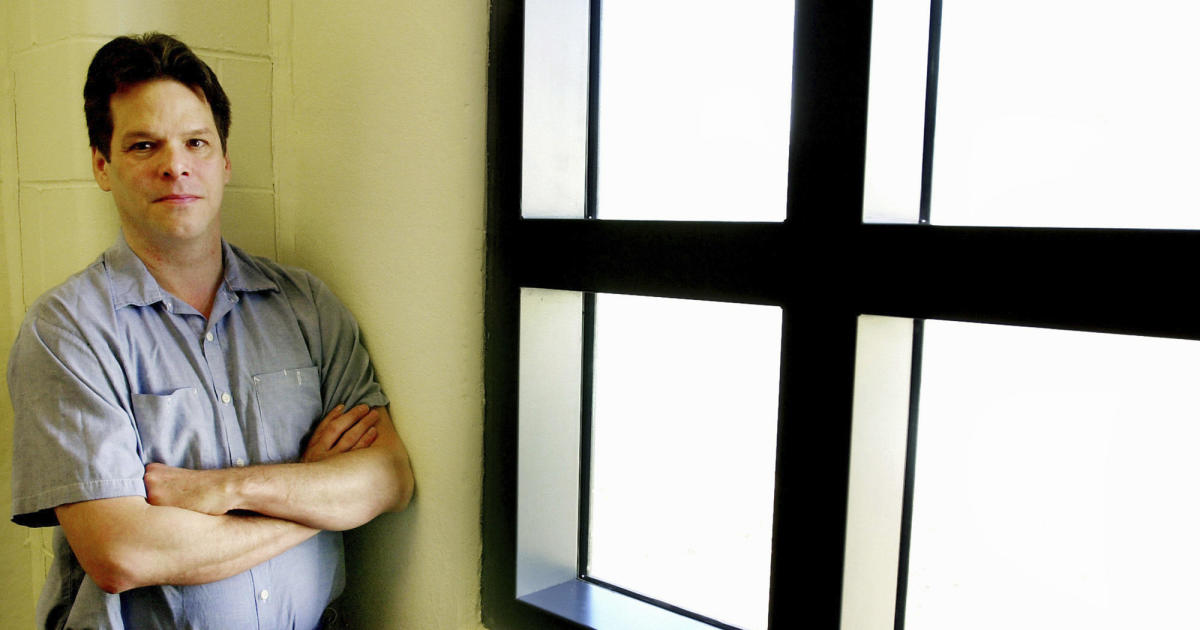True and false in "The People v. O.J. Simpson"
NEW YORK --Next week the verdict will be announced in FX's hit series American Crime Story: The People v. O.J. Simpson, and while we know how the case ended (spoiler alert: O.J. Simpson was found not guilty in 1995), the jury is still out on how true the show remained to the real -life murder trial it portrays.
48 Hours' Crimesider asked Laurie Levenson, a law professor and former prosecutor, who covered the case as a commentator for CBS News, about some key plot points and moments in the series.
It was a trial that Levenson said makes for an incredible story, even when every detail is accurate.
"Everything about this case was different," Levenson said. "The lawyers, how they acted in the courtrooms, the petty fights between the prosecutors and defense attorneys; the jurors, how long they were sequestered, how they got a Roger Williams concert; the media circus, and it really was a circus."
Robert Kardashian
The most obvious dramatization -- and the most talked about -- is the role of Robert Kardashian. The series depicted Kardashian, portrayed by David Schwimmer, as having a significant role in Simpson's defense, but Levenson says that's overstated.
"Kardashian was such a small, bit, peripheral player in the O.J. case, and they're playing into it here because Kardashian had such a big name," Levenson said.
She also noted that there's no indication Kardashian ever opened Simpson's garment bag to check for a murder weapon or bloody clothes -- an essentially fabricated, and dramatic, scene played out on the show.
Skittles
It seems too good to be true: a scene in the show depicts Simpson in jail playing poker with buddies, including Kardashian, using Skittles as chips. But it actually could have happened!
First, the Skittles:
"Everybody ate Skittles at that jail," Levenson said. "Skittles are a big thing at our facilities."
Second, the friends:
"He did have sort of special visitation privileges. At one point guards complained. At one point (football star-turned-minister) Rosey Grier went to see him, and there was an issue of whether what OJ said to him was covered in pastoral privilege."
The Portrayals of the Lawyers
While the show portrays a prosecution that slowly fell apart over the course of the trial, Levenson said it was clear early on that the defense was outplaying the state.
"The prosecutors looked like a train wreck in the actual trial," Levenson said. "As a former prosecutor, I could see it all coming."
From the moment Simpson hired Robert Shapiro, Levenson said, the "Dream Team" of defense attorneys had a better game plan. She says Shapiro may not have gotten a fair shake in the show either.
"Shapiro was very good and he doesn't always get credit for that. The first night he called up the top experts who usually worked with the prosecutors," Levenson said. "He asked them (to consult about the) O.J. case, and even though they didn't end up working for the defense, it put them off-limits to prosecutors."
The Lawyers and the Glove
On the show, one of the big breaks for the defense came when Shapiro surreptitiously tried on one of the gloves collected as evidence in the murder investigation. It led to one of the most famous, and pivotal, moments in the Simpson trial, when the defendant himself was unable to fit into the gloves, while trying them on in court.
Shapiro really did try on the glove, but so did defense attorney Johnnie Cochran, according to Lawrence Schiller's book, "American Tragedy."
Also, in the show prosecutors Marcia Clark and Christopher Darden disagree about whether to have Simpson try on the glove, with Clark adamantly opposed to the idea. Schiller wrote that in real life, Clark didn't disagree with having Simpson try on gloves, she just wanted him to try on a duplicate pair. Clark worried that the ones from evidence could have shrunk in the months after Nicole Brown Simpson and Ronald Goldman were found murdered on June 12, 1994.
Confrontations Between Darden and Cochran
The most recent episode of the show depicted moments of near-meltdown in which Darden yelled at Cochran -- both of whom are black -- about courtroom-issues related to the subject of race, but Levenson said those moments weren't nearly so heated.
"That's not really what happened. Johnnie would kind of poke at Darden, and Darden would eventually say something, but it wasn't big," Levenson said.
"The major sparring was really between (prosecutor) Marcia Clark and (defense attorney) F. Lee Bailey. They really went at it."
The Christopher Darden and Marcia Clark "Romance"
A major subplot in the show revolves around the will-they/won't-they burgeoning romance between Darden and Clark. The show depicts them dancing in an office, nearly kissing at a hotel and other hints at deeper feelings.
In reality, there was a lot of speculation in the media about the two prosecutors. Clark has long maintained that nothing happened between them, while Darden hinted in a 1996 interview with Barbara Walters that something did.
"Absolutely, 100 Percent Not Guilty"
Simpson famously proclaimed himself "Absolutely, 100 percent not guilty," when asked to enter his plea. On the show, this moment comes the first time we see Judge Lance Ito in court, but in real life Ito wasn't even in the room.
Pleas are entered before trials begin, and trial judges aren't at those hearings. Take a look at CBS News' video of that moment:
Bill Hodgman's Collapse
This was perhaps the most stunning dramatization on the show. Key prosecutor Bill Hodgman is seen passing out in open court. In real life, the trial was in fact delayed after Hodgman suffered chest pains, but that was during a prosecutors' strategy meeting.
Juror Dismissals
An entire episode of the the show is devoted to the plight of Simpson's jurors. Over the course of the trial, defense attorneys and prosecutors repeatedly asked for jurors and alternate jurors to be dismissed, for issues ranging from the revelation that one was keeping notes for a book, to histories of suffering domestic violence and even, in one case, a juror whose doctor was going to testify about Simpson's health.
The trial began with 12 jurors and 12 alternates, by the end, only two alternates remained.
"It was sort of off the charts," Levenson said. The ones who made it through the verdict comprised the longest sequestered jury in American history, yet another reason this trial holds such an outsize spot in popular culture.
"You could just play it straight without any hype and you would still have an amazing story, because it was," Levenson said. "People talk about trials of the century, but this was the real thing. It was like nothing else."
